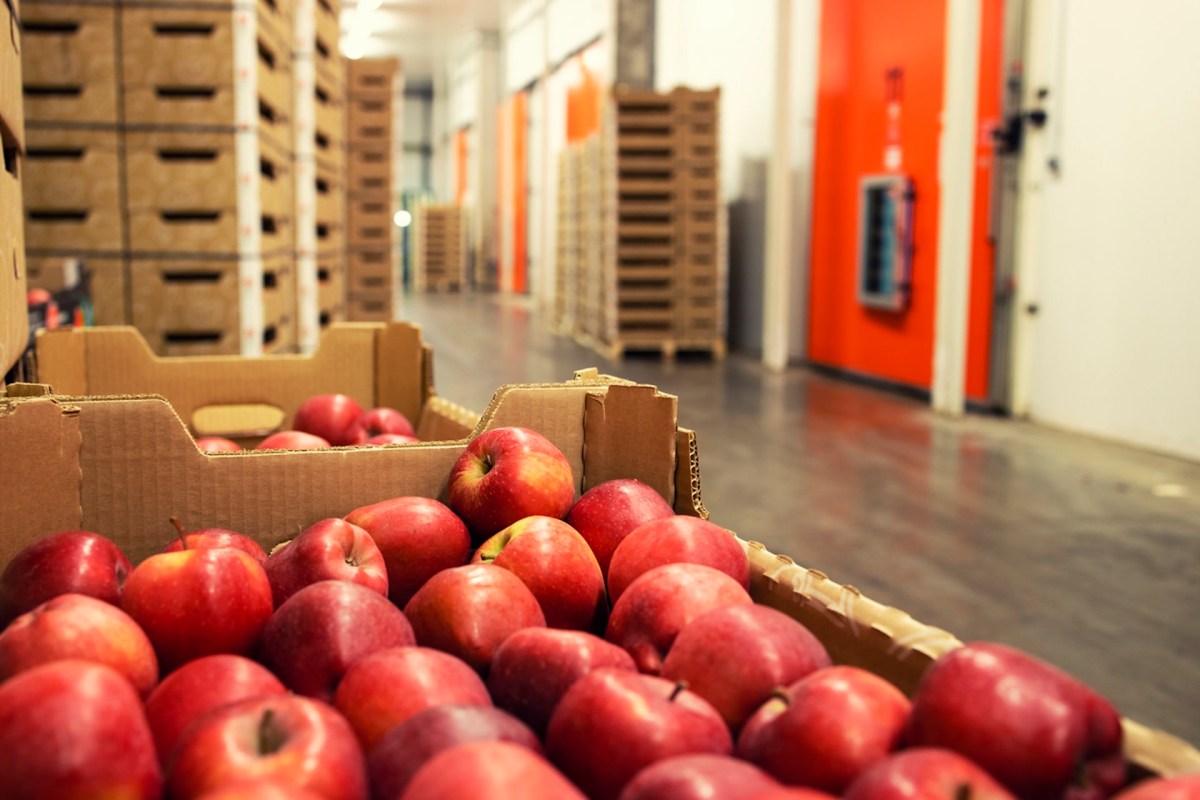Grocery stores on the Pacific Coast have made the biggest reduction in food waste ever recorded in the United States, according to a new study.
Research by ReFED's Pacific Coast Collaborative shows that the amount of unsold food dropped by 25% between 2019 and 2022 — an equivalent of 190,000 tons of food, worth $311 million.
That unsold food represents the potential amount of food waste that may have been avoided. The study also gives encouraging signs about where that food may have ended up. Over four years, food donations increased by 20% and composting by 28%.
This increase in donations to curb food waste is particularly heartening at a time when so many are reliant on food banks. Feeding America says that one in six people — around 49 million — in the U.S. needed help from its network in 2022.
Avoiding food waste has palpable benefits for the environment, too. Production, distribution, and storage of food all generate carbon dioxide pollution, which the Pacific Coast Collaborative calculated went down by 30% since 2019 — the same as if 619,000 cars had been removed from the road for a year, according to the organization.
The study also calculated that the reduction in unsold food saved major amounts of water — 141 billion gallons to be exact, or enough to fill 214,000 Olympic-sized swimming pools.
But there is still room for improvement. The report shows that the amount of food that went to landfill has increased since 2019 (although it did start a downward trend in 2022).
When food is deposited in landfills, it loses access to oxygen, which would allow it to compost. In anaerobic conditions, it instead rots and produces methane, a gas with potent atmosphere-warming capabilities.
Around 38% of food in the U.S. currently goes unsold or uneaten, per the report, with 88.7 tons of food wasted in 2022, per ReFED, meaning there is plenty of scope to tackle the amount of food being sent to landfills.
Organizations like Do Good Foods are increasingly working to help grocery stores donate unsold food or turn unwanted food into animal feed.
ReFED, meanwhile, notes that the Pacific Coast community's success shows the potential for collaboration between food businesses.
"We now have a blueprint that can be replicated across the country," said Alex Nichols-Vinueza, program manager at World Wildlife Fund, in a ReFED press release. "Our retail partners have provided a roadmap for success by tackling their own food waste footprint while sharing best practices to ensure others — often their competitors — also succeed."
"This is hands down the largest progress in reducing food waste we've ever seen reported," said Dana Gunders, executive director at ReFED, in the release. "It demonstrates that the national goal to cut food waste in half by 2030 may, in fact, be possible."
Join our free newsletter for cool news and actionable info that makes it easy to help yourself while helping the planet.









